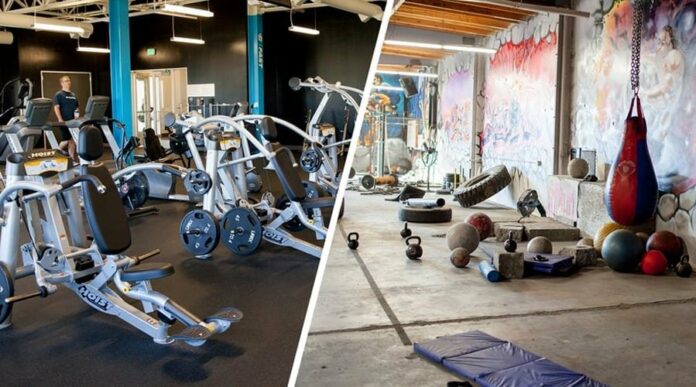The Internet of Things (IoT) and artificial intelligence (AI) are two of the most disruptive technologies to hit the health and fitness industry in recent years. People are more concerned about their health and fitness to protect their bodies against ailments such as diabetes, thyroid disease, and others.
To meet the high demand, the fitness sector has begun to convert traditional gyms into smart gyms by incorporating AI models. People are drawn to smart gyms to become more fit and healthy to improve their level of living. With the help of these user-friendly disruptive technologies, the fitness industry is booming in the twenty-first century. Let’s explore which one will be the real winner of the fitness industry— traditional gyms or smart gyms.
Recruiting an artificial intelligence fitness trainer for personal training, on the other hand, has become less expensive than engaging a human personal trainer. People nowadays lead fast-paced lives and frequently fail to strike a balance between their career and personal lives. As a result, they do not have enough time to go to typical gyms and spend a few hours working out. Smart gyms, on the other hand, can make gym visits more engaging and enjoyable by offering flexible hours.
Traditional gyms do not have any AI-based mobile apps to help individuals stay motivated and focused on their regular workout routines. However, some major players in the tech industry are advertising home fitness software as a component of smart gyms. These smartphone apps provide data analytics and fitness statistics to help you feel better and stronger by recording regular performances and motivating you with a wellness score.
Some apps use artificial intelligence to provide biomechanical analyses and insights to help people gradually increase their exercise and fitness levels.
These apps have recommendation systems built-in that can suggest comparable exercises and allow fitness buffs to construct their workout programs
The fitness business will evolve in the same way as other global industries including healthcare, automotive, manufacturing, retail, and others.
Similar to the sports industry, the fitness industry has begun to reap the benefits of AI models in gyms: training coaches keep track of individual performances for improvement, improved customer service, automation of time-consuming tasks, and, most importantly, the elimination of potential errors that can have serious health consequences.
AI-based wearables like wristbands and other gadgets, AI-based diet and nutritional apps, intelligent footwear to track performance, fitness trackers, movement analysis machines, and AI-based yoga suits are among the applications in smart gyms that can replace the existing process of traditional gyms. There are also AI virtual assistants that keep track of fitness daily for both fitness enthusiasts and newbies.
Virtual training can be provided by AI models in gyms regardless of location or COVID-19 condition across the world. These smart gyms are also a vital component in smart cities’ efforts to maintain citizens’ health. IoT and artificial intelligence have had a progressive impact on the fitness industry’s traditional gyms.
Follow and connect with us on Facebook, LinkedIn & Twitter

